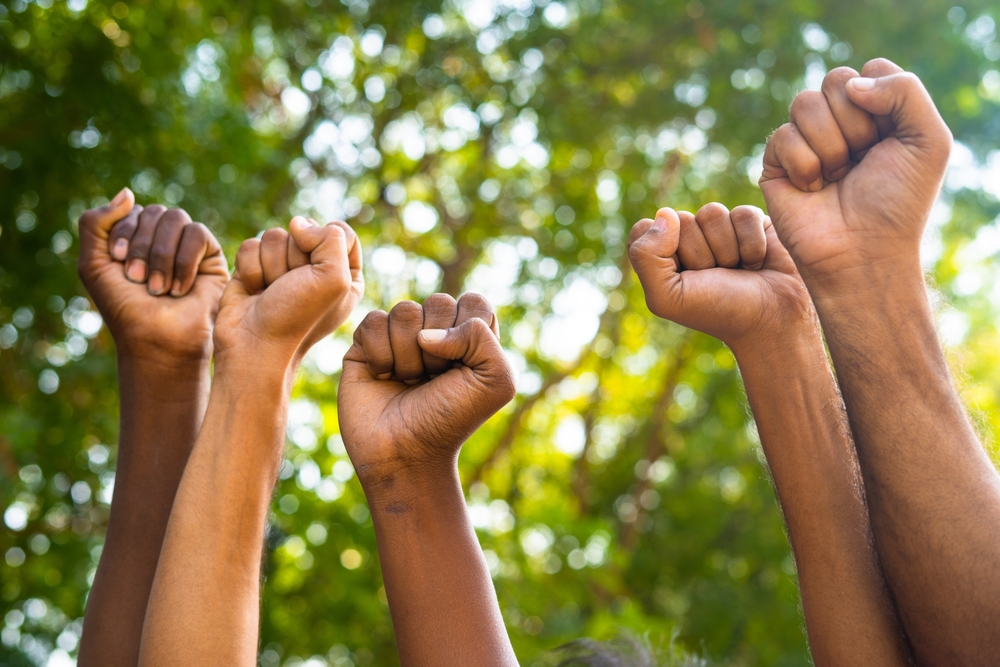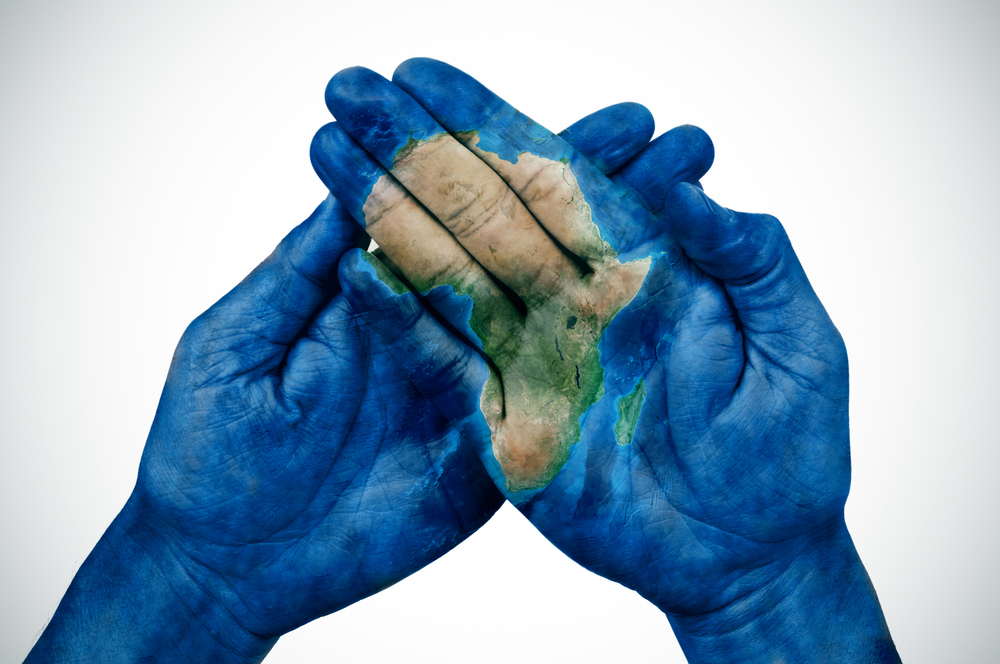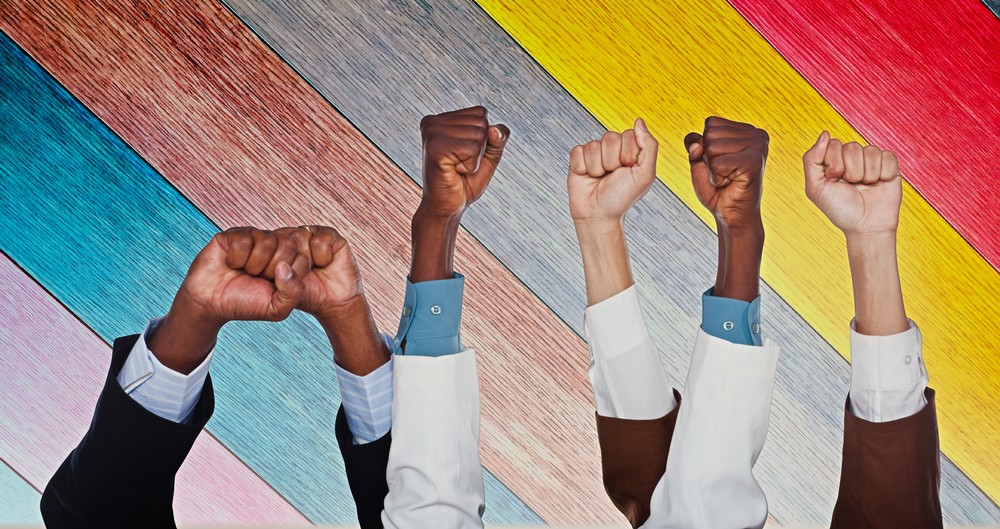The great globalisation of the early 1960s to 2020 seems to have been slowed down, if not stopped, by the Covid virus crisis. All the conditions for globalisation have been affected. Free trade is impacted by America’s continuing trade war with China, long distance transport has stopped as international flights have been cancelled and developments in technology are slowed over concerns about the viability of 5G networks. Nevertheless, it is interesting that this period of globalisation coincided with great change on the African continent. Globalisation started at broadly the same time as decolonisation began and has ended at a time of great confidence in Africa. This is expressed through the primarily Western idea of “Africa Rising” but which might be better captured through our recent embrace of our uniquely African philosophy of Ubuntu.

It is worth thinking about the consequences of this coincidental phasing of slowing globalisation and a confident Africa in terms of the social, economic and political unity of our continent. Perhaps understandably, Africa’s leaders of the 1960’s followed the European idea of organising our newly independent polities by establishing nation states. The nation state is an idea that had its origins in a treaty called “The Peace of Westphalia” that was signed in Germany in 1648 and ended 30 years of war in Europe. The model served Europe well up to the early 20th century when two world wars tore the continent apart. From the early 1960s, Europeans began seeking stability in ideas of unity that have resulted in the European Union that exists today. However, the Westphalian template has served Africa less well. In 1648 the Atlantic slave trade had put down roots in West Africa whilst in Central and East Africa European traders were establishing new “kingdoms” to facilitate their exploitative trade arrangements that led to a decline in prosperity in all Swahili cities. In South Africa, the Cape had become a regular point of call for European ships, particularly those of the Dutch East India Company. The foundations of Africa’s colonisation had been laid – more importantly, the shape of its eventual decolonisation had also been set. The problem, understood by every African, is that the geographical borders of the nation states that emerged on the continent during the 1960s broadly followed their colonial antecedents. And these did not necessarily follow the ethnic distribution of the population. This resulted in nation states being created that split ethnic groups and, as a result, a “Balkanisation” of territories took place that is still visible in the lingering border disputes between Ethiopia-Somalia, Somalia-Kenya, Ivory Coast-Ghana, Ghana-Upper Volta and Equatorial Guinea-Gabon. So, it became the clumsy norm that populations took on the role of “citizens” of the new countries. But essentially, they remained Yoruba, Shona or Bantu – and they wished that their politics were organised with regard to these identities.
This situation is, upon reflection, not vastly different to the coexistence of citizenship and nationality in Europe. Not all Scots live in Scotland and not all Bavarians in Bavaria. Scotland itself has a population of just over four million but almost another one million people born in Scotland live in England. They share British citizenship with their English hosts, whilst both groups are members of quite different tribes. But Scotland is part of a Union with England, Wales and Northern Ireland – and together they constitute the United Kingdom. Bavarians are citizens of Germany which is in turn one of the 27 countries that make up the European Union.
It seems that, against its better judgement, our continent finds itself in a situation where nation states prevail, yet tribal identities endure – whilst globalisation slows. Perhaps it is time then, as Africa emerges from its sixty-year period of post-colonial development, to consider what the German philosopher Habermas identifies a crucial challenge for the whole world in this post-globalist period. This is: how we should create political forms on our continent that link full democratic participation of our people with socioeconomic solidarity.
In the early post-colonial period democracy and wealth creation were (at least partially) enabled by citizenship in the national polities that de-colonisation had created. But the globalisation of the last sixty years has encouraged political thought to rise above the idea of the nation state and we have seen the emergence of various unions in other parts of the world. That these other unions are currently largely economic in nature is understandable. But it is quite easy to anticipate that, in the longer term for example, the Central American Common Market or the Gulf Cooperation Council, will take on a political character.
How does such a supra national perspective impact our African situation? Is African unity a goal worth pursuing? It seems to me that we must first consider what we mean by the term “African Unity”. There are various forms that such unity can take. They each have different origins and each offers different long term perspectives for our continent.
The ideal of African unity has its roots in the 19th Century thought and led to the first Pan-African Conference organised in London in 1900. This brought together Africans and people of African descent, who were based in Europe and the United States, to discuss colonialism and the foreign domination of black peoples. At the time only three free black states existed in the world (Ethiopia, Haiti and Liberia). Seven such Congresses subsequently took place between 1919 and 1994. The 1945 meeting proving to be a turning point because the initiative was first organised by Africans not of the diaspora but under the leadership of Nkrumah, Johnson and Kenyatta.
In parallel, the Francophone intellectuals Césaire and Senghor (the first President of Senegal) developed a framework aimed at increasing black consciousness. Their “Négritude” movement avowed the importance a Pan-African sense of being among people of African descent worldwide. The importance of their thinking is that they deterritorialised discussion about how post-colonial Africa should look and attempted to see its future as part of various intercontinental political formations.

There emerged from this intellectual foment two practical schools of thought on Africa’s future. The “Casablanca School”, led by Nkrumah, which held a strong federalist view and saw the need for a fully integrated continent with unified management of a single currency, defence and foreign relations. The separate “Monrovia School” was supported by a majority of African leaders and favoured a more conservative approach to the future – one where sovereign nation states would cooperate within a much looser context. This latter approach prevailed, but it too was eliminated by the formation of the Organisation of African Unity in 1963 – which itself was replaced by the African Union in 2002.
The discussion about how Africa should unify continues. Indeed, the persistent interest in a Central African Federation comprising a political union of Burundi, Kenya, Rwanda, South Sudan, Tanzania and Uganda, is testament to the strong pull of the notions underlying African unity. But there already exist several Pan-African institutions that are testimony to the hard work of African governments in towards the goal of African unity. These include the African Union Commission (AUC), the African Development Bank (AfDB), the United Nations Economic Commission for Africa (UNECA) as well as the Regional Economic Communities (RECs) that prosper under the auspices of the African Union.
Certainly, regional integration has been a dominant process in our efforts to build multilateral institutions for development and security through economic cooperation and political coordination across the continent. Initially, a number of RECs took action to create free trade areas and customs unions within their regions. They also introduced community passports to ease movement of goods and persons and established macroeconomic convergence targets. In addition, a number of the RECs have harmonized their business laws with a view to promoting trans-border businesses and investments in Africa.
Significant strides have also been made in strengthening infrastructure and information and communication technology (ICT) development on the continent, through various programmes and initiatives at the national, regional and continental levels.
Together, the RECs are embarking on a process of integration towards three consecutive outcomes: a Free Trade Area, a Customs Union and a Common Market. Indeed, the establishment of the African Continental Free Trade Agreement (AfCFTA), which was signed on 30 May 2019, is a fruit of this labour.
It seems then that Africa is already on the road to regional integration as a step towards achieving sustainable economic growth. It is foreseen that these efforts will converge towards the full establishment of an African Economic Community, in which the economic, monetary, fiscal and social policies applied separately by individual African countries of the continent would be fully harmonized and integrated into uniform policies common to them all. This reflects the lessons of globalisation – that by increasing cooperation between economies, and even merging them, the natural endowments and energy of young populations can be used to finally meet the development challenges that still face the continent.
Deeper integration would allow it not only to achieve sustained and robust economic growth but it will also ensure poverty alleviation, enhanced movement of goods, services, capital and labour, socio-economic policy coordination, infrastructure development as well as the promotion of peace and security within and between the regions.

Despite these impressive efforts and achievements, a lot still remains to be done – for example, a key challenge is the low level of trade within Africa – which I write about elsewhere. But meanwhile we can seek alternative ways to encourage what I believe is a road to inevitable further African integration. Archbishop Desmond Tutu has explained that “Ubuntu speaks particularly about the fact that you can’t exist as a human being in isolation. It speaks about our interconnectedness.” I think that the ancient philosophy of Ubuntu is applicable in a complicated post-Covid, post-globalisation world – for it speaks of a solidarity of association and of ties that come naturally to us Africans.
I would see Ubuntu as a secular, guiding philosophy on our road to African unity. However, it may be complimented by the practical lessons of Ujamaa, the African socialist philosophy applied to the Africanisation of Tanzania by Julius Nyerere. This successfully placed responsibility for the achievement of economic and social progress in the hands of the people. Nyerere used the idea of Ujamaa to create a feeling of common purpose among people, that began at the grass roots of society through a call to freedom, equality, and unity – but which aimed at the creation of self-sufficient communities. Together, the lived social, economic and political outcome delivered the unity promised by Ubuntu.
We should be teaching all of our young people about the things that unite us. The beauty of being African is that it’s an inclusive identity. It’s more than a nationality or a tribal affiliation, it describes a people with a culture that has many things in common. A sense of Africanness brings us together, no matter our nationality, tribe or religion – and we should find strength in this unity.

